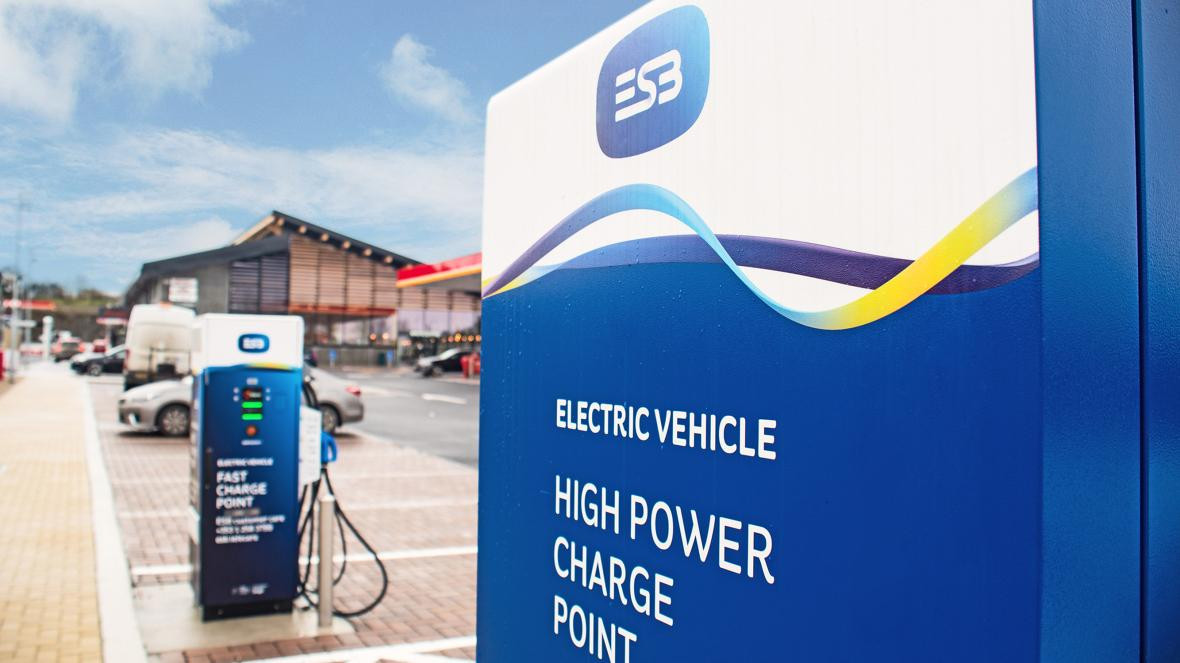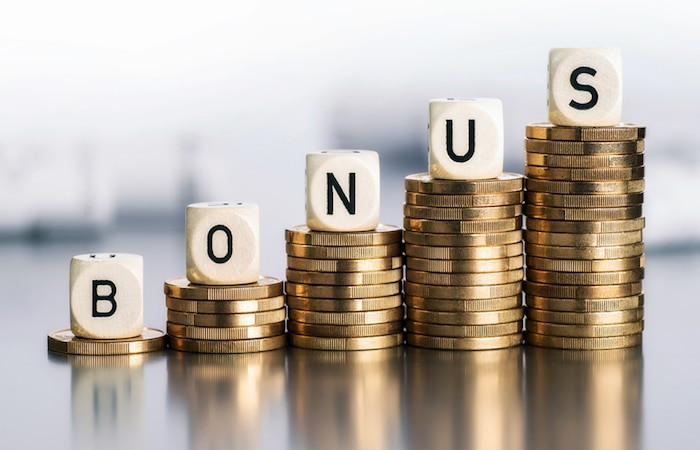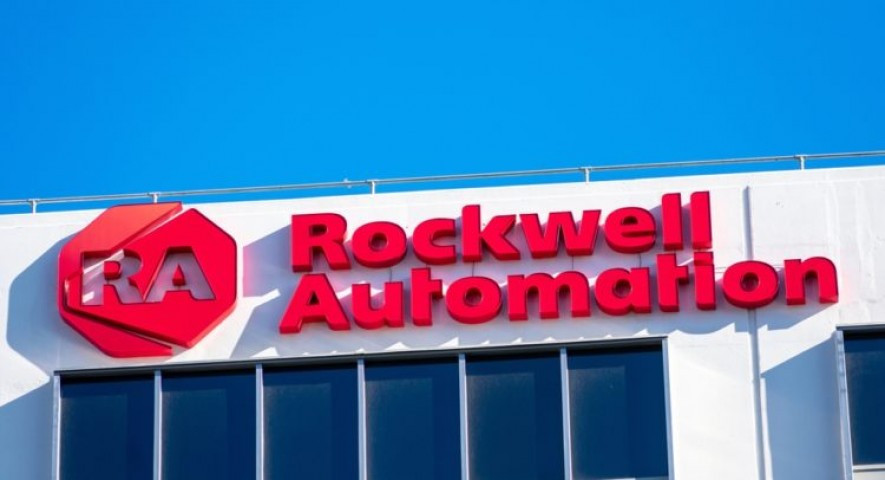Peloton was one of the hottest commodities on the market during the pandemic. But as the dangers of COVID-19 subsided, so too did the stock of the fitness equipment company, and its former billionaire CEO John Foley says his wealth got wiped out in the process.
When demand for at-home workouts surged during the early days of COVID-19, Peloton sales soared by 250%, stock rose by more than 400%, and Foley became a billionaire seemingly overnight.
But the company overestimated demand as pandemic restrictions lifted and people started exercising outside again.
By November 2021, Peloton stock had plummeted, and Foley had lost his newly minted 10-figure status.
Then, in December 2021, the premiere episode of the Sex and the City reboot, And Just Like That…, killed off one of its main characters, Mr. Big, who suffered a heart attack…while riding a Peloton.
“We were coming out of Covid. The stock was getting crushed. And then the Mr. Big thing happens…it was brutal,” he recalled. “All of a sudden, we were just being trolled…everything was collapsing.”
Once worth a staggering $50 billion, the New York–based company was only just holding on to its unicorn status when Foley stepped down as CEO in February 2022. Foley was once worth $1.9 billion, according to Bloomberg, but left the company with a net worth of $225 million.
The company has since cycled through another CEO, Barry McCarthy, laid off thousands of employees, hiked prices, and announced the closure of retail stores to tackle its post-pandemic slump in demand.
Its market cap is still a shadow of what it once was, currently standing at $1.8 billion.
Foley's Financial Struggles
It’s not just Foley’s billionaire status (and a career at the company he created) that was killed by Peloton’s stock price bloodbath.
The ex-Peloton chief was forced to downsize twice—including selling a $55 million East Hampton waterfront home and uprooting his family.
A New Venture: Ernesta
Though Foley has lost much of his fortune, the ordeal has not extinguished his ambition.
Within a year of resigning from the top job at Peloton, he had raised $25 million for his new venture, a direct-to-consumer rug company called Ernesta.
Now, he believes the company can make as much as $500 million in free cash flow by 2030.
The Dangers of Paper Wealth
As Foley’s experience illustrates, reaching billionaire status can be pretty meaningless if that wealth is on paper and tied up in stock that can’t easily be sold.
After being named Britain’s youngest billionaire, Gymshark founder and CEO Ben Francis said that “none of it is real,” adding that his wealth is “all on paper” and tied to assets that could fluctuate in value.
“It could double, it could [halve],” the millennial entrepreneur added. “That’s why I think it’s important that no individual should ever pin their self-worth on things like wealth, net worth, or anything financial.”
It’s why defining your success by your net worth is “a wildly unproductive way to live” in his eyes.
The Rise and Fall of Peloton
John Foley is betting his best days are ahead of him.
And so are many of his original investors and employees from Peloton — the fitness company Foley founded in 2012 and exited a decade later — who have followed him to his new venture, the made-to-order rug company Ernesta.
While rugs are a surprising next step after creating a fitness behemoth, Foley said he talked about starting the company for more than a decade, even mentioning it to investors in the early days of Peloton.
“Ten years ago, I sat next to Lee Fixel [CEO of Addition Capital] at a board meeting, and I was telling him about this rug startup that I wanted to do, and he was looking at me like I had three heads,” Foley told The Post.
But he was persuasive: Fixel eventually invested in the Manhattan-based Ernesta after its founding in 2022.
“I love rugs, I love interior design,” Foley said.
Ernesta — a portmanteau combining the first name his favorite author, Ernest Hemingway, and middle name (Nesta) of his favorite musician, Bob Marley — is direct-to-consumer and lets shoppers customize rug patterns and dimensions to fit any room, delivering the finished product in two weeks.
While Foley, 53, is eager to talk about Ernesta and how he believes the company can make as much as $500 million in free cash flow by 2030, he’s also candid about his time at Peloton, the company’s very public crash, and how his life has changed since his exit.
“Oh I’m an open book,” he said of his brief stint as a billionaire. “You know, at one point I had a lot of money on paper. Not actually [in the bank], unfortunately. I’ve lost all my money. I’ve had to sell almost everything in my life.”
At its apex — during pandemic lockdown — Peloton was valued at $50 billion company. But, hobbled by overproduction, recalls, bad press and declining interest in the pricy bikes, it was valued at just $1.2 billion earlier this month. (On Thursday, it was reported that a 40% boost in the company’s stock price pushed the valuation closer to $1.7 billion.)
While Foley spends his summer weekends in the Hamptons, he has downsized twice — including selling a $55 million East Hampton waterfront home on pricy Further Lane. “My family took it well. My wife’s super supportive. My kids are probably better for it, if we’re keeping it real.”
He is in Ernesta’s Chelsea HQ with 40 employees during the week, laser-focused on success.
“I’m working hard so that I can try to make money again… because I don’t have much left,” he joked. “And so I’m hungry and humble.”
That phrase — which is also his Instagram biography — has guided his career.
Foley, who grew up in Florida, graduated from Georgia Tech and put himself through Harvard Business School by working as an overnight shift manager at a Mars Inc. candy factory.
“I used to say I was responsible for quality assurance at Mars, where I would separate the M’s from the Ws,” Foley, who has a self-deprecating sense of humor, said.
He later started several consumer technology companies and joined the executive team at Barnes & Noble before founding Peloton. The brand’s wild ride began months after going public in 2019 — when demand for at-home workouts wildly surged during the early days of COVID.
In an effort to keep up, the company over-hired and over-invested in a new $400 million factory space. But once Americans were allowed to venture outside again, Peloton’s popularity waned and the stock collapsed.
Then, in December 2021, the premiere episode of the “Sex and the City” reboot “And Just Like That … ” killed off Mr. Big with a heart attack — while the character was riding a Peloton. And just like that, the company shares plunged 11.5%.
Foley became the very public fall guy.
“We were coming out of Covid. The stock was getting crushed. There was a leaker [who told the press of pending layoffs]. We had an activist in the stock” who wrote the board demanding Foley’s firing, he recalled. “And then the Mr. Big thing happens … it was brutal.”
“We really did think we were doing something special for the world. We really did care about our members. We cared about our shareholders, we cared about our employees. And all of a sudden, we were just being trolled… everything was collapsing,” he said.
Foley stepped down as the CEO in February 2022.
But by the end of that year, he had raised $25 million for Ernesta from two major venture capitalists, Fixel and John Callahan at True Ventures, who had previously invested in Peloton — a sign that Foley’s success there wasn’t just a fluke.
“I don’t think we were lucky at Peloton. I think we were good,” he said of himself and his team. “And so if we are good, we can do something similar: build a similar disruptive consumer brand and create outsized shareholder returns in the home goods category.”
Ernesta’s COO Jamie Beck, Chief Sales Officer Jennifer Parker, Co-Founder and Chief Legal Officer Hisao Kushi, CMO Alan Smith, CTO Yong Feng and VP of Product Marissa Vivori all came to Peloton from Ernesta.
And Foley believes rugs can be the next big thing. “It’s hard to find data on it because it’s not a well covered sector … it’s super fragmented,” he said, noting that 70% of rug searches on Google are unbranded. “For us, it’s going to be high margin.”
But he has no interest in taking a company public again.
“[Peloton shares] went from $170 to $2 … with that type of delta, I don’t trust the public markets to get the pricing right… [Peloton is] a $40 or $50 company, from my perspective today,” he said. (The current price is around $4.50) “The contract of the public markets getting a valuation right is broken.”
No matter the outcome, Foley believes NYC is the best place to run a business.
“I think a New York City entrepreneur has an advantage by the flow of information that they’re in — the dinner parties with diverse, dynamic conversation,” he said. “New York is the best place to live, either when you’re running up the hill or, hopefully, when you get to the top of the hill.”
The Underdog Story
This story is part of NYNext, a new editorial series that highlights New York City innovation across industries, as well as the personalities leading the way.
Foley is poised to make the climb again.
“I think, potentially, the best days of John Foley are ahead of me,” he said. “I love a good underdog story.”

















